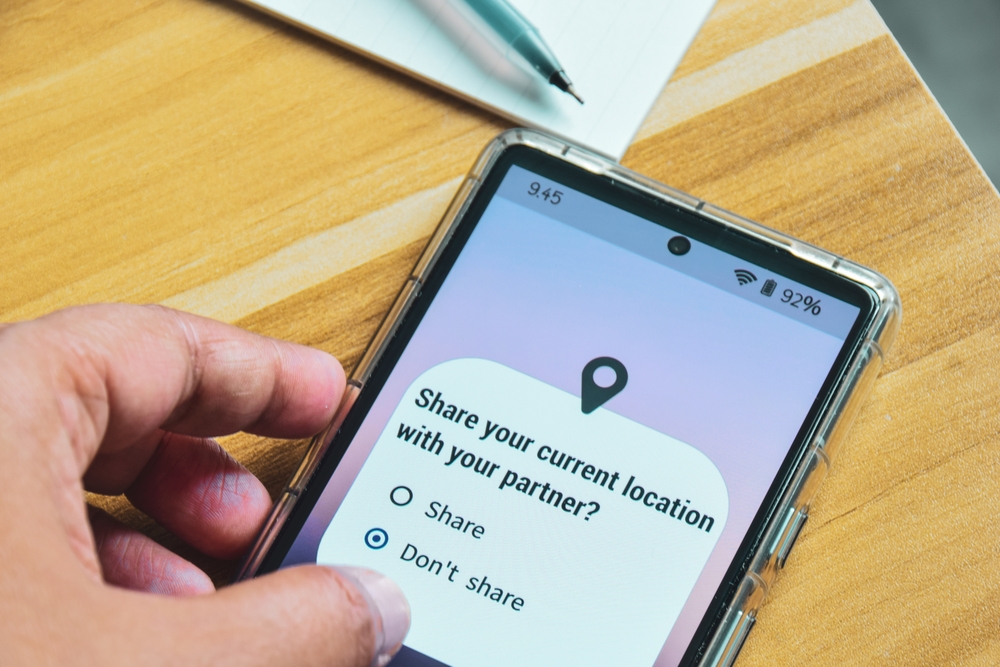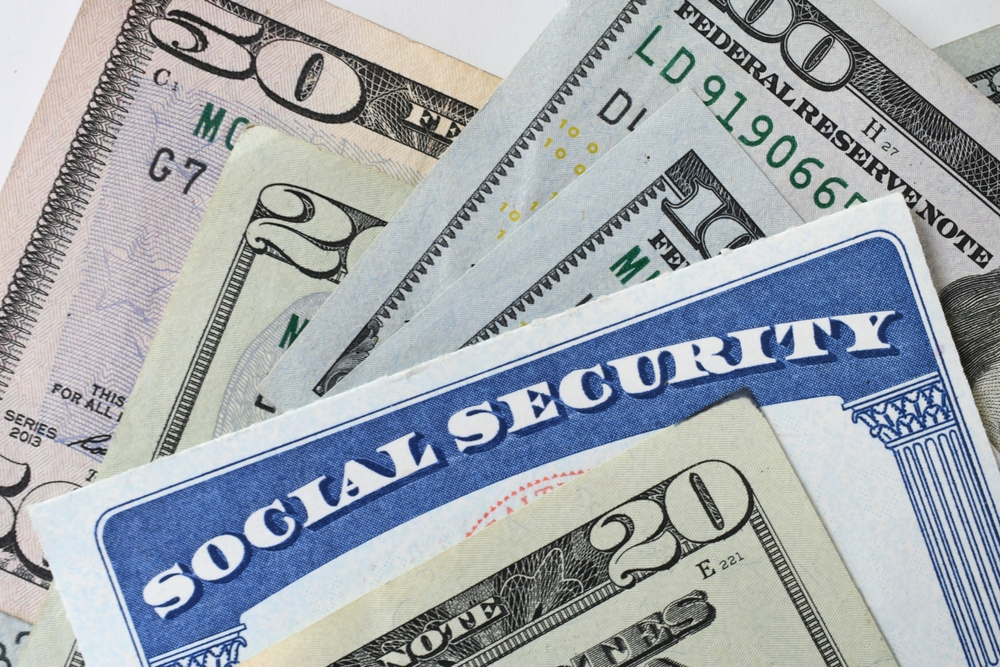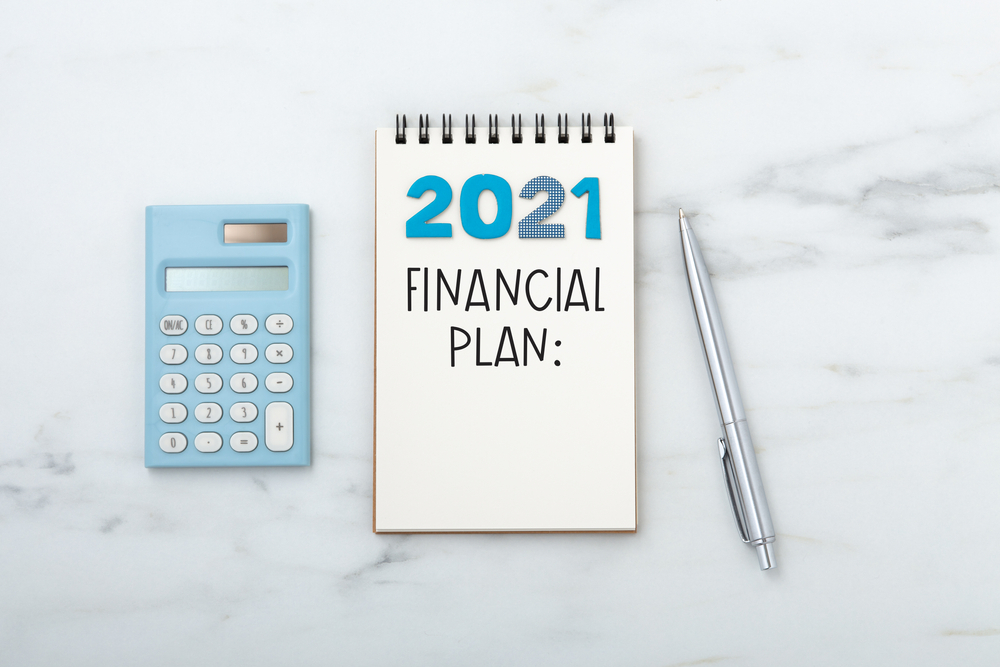In today’s digital world, privacy is becoming an increasingly precious commodity. Whenever we share something online or with others, we risk giving up a little piece of our personal life. While sharing can be a great way to connect, certain things are better kept private. If you value your privacy, here are 14 things you should never share about yourself, whether online or offline.
1. Your Full Address

Your home address is one of the most personal information you can share. Once it’s out there, it becomes a potential target for identity theft, burglary, or even harassment. Sharing your full address, especially on social media or with people you don’t trust, can leave you vulnerable to unwanted attention. It’s always safer to keep your address private, even if you think you’re just sharing it with a friend or an online retailer.
What’s surprising is that many people unknowingly share their address by tagging their location or posting images of their homes. It’s easy to overlook the potential risks when sharing personal details online, but it’s important to remember that once it’s out there, it can’t always be undone. Always double-check what you share and consider using a P.O. box for your online shopping or communication needs to protect your personal space. According to CBS Detroit, keeping your home address private minimizes risks like identity theft and unwanted attention.
2. Your Full Date Of Birth

While sharing your birth date is a common practice, it’s not something you should put out there carelessly. Your full birthdate can be used for identity theft, allowing criminals to access your accounts or open new ones in your name. It’s a key piece of personal information that, when combined with other details, can lead to serious security risks. Consider sharing only the month and day of your birth, and avoid giving out the year whenever possible.
Even when social media sites ask for this information, it’s important to be cautious about how much detail you provide. Some websites and services allow you to hide or limit access to your birth year, and it’s a good idea to take advantage of these privacy settings. Keeping this detail to yourself helps safeguard your identity and personal security in an increasingly connected world. According to Phys.org, sharing your birthdate online can create security risks by giving hackers another piece of information for identity theft.
3. Your Passwords

Your passwords are the keys to your digital world, and sharing them is an invitation for trouble. Whether it’s with a friend, family member, or even a tech support agent, never share your passwords with anyone. If someone needs access to a particular account, use a password manager to securely share access, rather than giving out the actual password. Sharing passwords can lead to breaches of your data, and once compromised, your entire online presence is at risk.
What’s often overlooked is how easily passwords can be shared unknowingly. People may think it’s safe to give a password to a close friend or partner, but even in trusted relationships, the consequences can be severe. If you value your privacy, invest in strong, unique passwords for each of your accounts, and never share them unless necessary through secure channels. According to Electric, sharing passwords increases susceptibility to cyberattacks and compromises security through weak or reused credentials.
4. Financial Information

Your financial details, including bank account numbers, credit card information, and investment accounts, should remain private at all costs. This information is incredibly sensitive, and sharing it could result in identity theft or financial fraud. Avoid sharing financial details over unsecured channels or with anyone other than your trusted financial advisor or service provider. Even well-meaning people may inadvertently put your finances at risk.
It’s crucial to recognize that financial scams are rampant, and criminals will often pose as legitimate businesses or institutions to extract this type of information from you. Never respond to unsolicited phone calls, emails, or messages asking for financial details. Always verify the source and use secure, official methods to share any sensitive financial information. According to the Federal Trade Commission, protecting your financial information is vital for preventing financial scams and identity theft.
5. Your Health Conditions

While it’s important to talk about your health with trusted doctors or close family members, sharing too much about your health conditions with acquaintances can be harmful to your privacy. Health information is highly personal and can be used against you, especially if you’re seeking insurance or other benefits. It’s also a sensitive topic that can lead to unsolicited advice or unwanted sympathy, which can be uncomfortable in many situations.
Sharing your health history should only be done with people who need to know, such as your healthcare provider or immediate family. Even in the workplace, personal health information should be kept private unless necessary for accommodations. The fewer people who know about your medical conditions, the better your privacy will be protected in the long run.
6. Your Social Security Number (SSN)

Your Social Security number is one of the most sensitive pieces of personal information you possess. It can be used to open accounts, access benefits, and even steal your identity. Never share your SSN unless necessary, and even then, only through secure channels. Be cautious of any request for this information, especially from unknown sources or online platforms.
Many people inadvertently expose their SSN through forms or documents, especially when applying for jobs, loans, or government benefits. Always ensure that the request for your SSN is legitimate and secure, and avoid carrying documents with your SSN unnecessarily. Keeping this number private can significantly reduce the risk of identity theft and fraud.
7. Your Personal Plans And Future Intentions

While it’s natural to share your plans and goals with close friends or family, sharing too much about your future intentions with others can be risky. Whether it’s a career move, relocation plans, or business ventures, some details are best kept to yourself. Not everyone will have your best interests at heart, and sharing too much could lead to unwanted interference, judgment, or even sabotage.
Additionally, sharing personal plans can sometimes invite unnecessary pressure or expectations. People may feel entitled to ask for updates or opinions, creating stress that you don’t need. Keep your ambitions and future intentions private until you are ready to share them with a trusted group who genuinely supports you.
8. The Names Of Your Children Or Family Members

Your family members, especially children, deserve the same level of privacy that you do. While it’s common to share photos and stories about your loved ones, be cautious when posting identifying information, such as their names, schools, or whereabouts. This can expose them to unnecessary risks, including online predators or identity theft.
It’s also important to remember that family members, particularly children, cannot consent to the sharing of their personal information. It’s up to you to decide what information is appropriate to share and to protect their privacy as much as your own. Always think twice before posting personal details about your family members online or sharing them with others.
9. Your Travel Plans And Locations

While it’s tempting to share vacation plans with friends or on social media, revealing your travel dates and locations can make your home vulnerable. Posting updates about your absence can signal to burglars that your house is unoccupied, putting your property at risk. If you enjoy sharing travel experiences, do so after you return, or keep your plans private.
Even seemingly harmless details, such as airport check-ins or location tags, can expose your absence from home. Consider turning off location services on social media platforms or waiting until you’re back to post about your travels. Keeping your travel plans private ensures your home remains secure and reduces the risk of unpleasant surprises while you’re away.
10. Your Financial Status

Whether it’s how much you earn, how much you have saved, or how much debt you owe, your financial status is highly personal. Sharing this information can lead to judgment or unwarranted expectations from others, especially in social settings. It’s also a temptation for others to use this information to manipulate or pressure you into making decisions based on their financial interests.
While it’s okay to discuss financial matters with a financial advisor or a trusted partner, it’s best to keep the details of your financial situation private from acquaintances and casual contacts. The less people know about your financial standing, the more protected you’ll be from unsolicited advice, influence, or potential exploitation.
11. Personal Conversations And Secrets

Some conversations are meant to remain private, particularly those of a personal or confidential nature. Sharing intimate conversations or secrets with others can not only break trust but also put you in uncomfortable situations. What you discuss in confidence should stay between you and the person you’re speaking to, without being passed around to others.
Even if you trust someone deeply, always be mindful of what you share. Personal information can be misinterpreted, used against you, or spread further than you intend. If it’s something you want to keep private, keep it between the parties involved and avoid gossiping or over-sharing with others.
12. Your Work Or Business Confidential Information

When it comes to your professional life, confidentiality is key. Whether it’s company secrets, upcoming projects, or sensitive data, sharing this information can put your job, your company, and your career at risk. It’s essential to respect non-disclosure agreements and ethical boundaries when handling work-related information.
Leaking company secrets or business strategies not only jeopardizes your privacy but can also lead to legal consequences. Always keep work-related details confidential and avoid sharing them with outsiders, even if they’re close friends or family. Your career and reputation depend on maintaining this level of professionalism and discretion.
13. Your Passports And Personal Identification Numbers

Personal identification numbers, such as passport numbers, are often required for travel or specific administrative purposes. However, these numbers should never be shared unless necessary. They are key pieces of information that can be used for identity theft, passport fraud, or other illegal activities if they fall into the wrong hands.
Even with trusted individuals or services, always ensure that any request for identification numbers is legitimate and secure. If you don’t need to share your passport number for a specific purpose, it’s best to keep it private. Keeping this information safe will help protect your identity and travel privileges in the long run.
14. Your Password Recovery Information

Many people often forget that their password recovery options—such as the answers to security questions or backup email addresses—are just as important as the passwords themselves. Sharing these details can give someone full access to your online accounts if they are ever hacked or compromised. Always treat your password recovery information with the same level of secrecy as your passwords themselves.
Be cautious about sharing your recovery information, and always ensure it is secure. If possible, use multi-factor authentication for extra protection. Keeping these details private is crucial in maintaining the security of your online identity and protecting your digital privacy.

Abisola is a communication specialist with a background in language studies and project management. She believes in the power of words to effectively connect with her audience and address their needs. With her strong foundation in both language and project management, she crafts messages that are not only clear and engaging but also aligned with strategic goals. Whether through content creation, storytelling, or communication planning, Abisola uses her expertise to ensure that her messages resonate and deliver lasting value to her audience.


